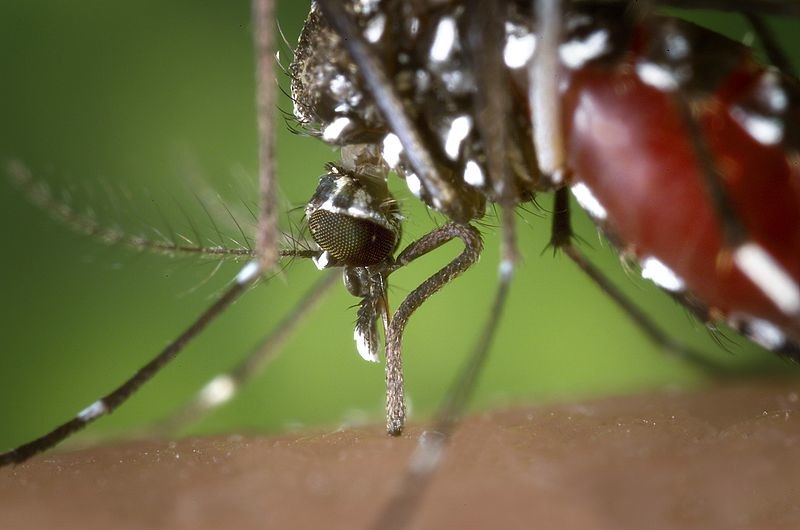Health officials are waiting this week to learn whether two people in southern Maine have been infected with West Nile virus.
But no confirmation is expected until Friday at the earliest, or more likely, next Monday.
Blood tests of the two individuals were sent to the Centers for Disease Control in Atlanta and on to a CDC lab in Colorado for analysis.
“We’re clearly evaluating (the) cases right now,” said state epidemiologist Dr. Stephen Sears. “But these may turn out to be nothing. We need far more information before we’ll know.”
Both West Nile virus and eastern equine encephalitis are transmitted through the bite of an infected mosquito, and some birds – including songbirds and crows – can carry the viruses, spreading the viruses further into the mosquito population and, in turn, to other birds, some mammals and humans.
One mosquito surveillance pool in York County tested positive for West Nile virus last week, but no human cases have been diagnosed in the state.
“It’s a matter of concern,” Sears said. “We have identified it. We now know it’s here.”
State officials are urging residents to “be aware and use mosquito precautions,” Sears said. Generally, this means staying indoors between dusk and dawn and using some type of mosquito repellent – a chemical pesticide or herbal blend – if you are outdoors after dark, when mosquitoes are most active.
“We Mainers take mosquitoes for granted,” Sears said. But the occurrence of the disease in the state should be a signal to take responsible – but not fearful – precautions to avoid getting bitten.
“One thing we do want to encourage people to do is that if they see dead birds to let us know,” said veterinarian Anne Lictenwalner, director of the Animal Health Lab at the University of Maine in Orono. “We can test them.”
West Nile virus has struck “pretty heavily in New Hampshire and Massachusetts,” said Sears. “And there has been some eastern equine encephalitis in the Canadian provinces in the past,” so Maine continues to test routinely for the two diseases. Sears said he knows of no pesticide spraying programs in Maine so far but emphasized that the decision to do so would be made on the local level.
Send questions/comments to the editors.



Success. Please wait for the page to reload. If the page does not reload within 5 seconds, please refresh the page.
Enter your email and password to access comments.
Hi, to comment on stories you must . This profile is in addition to your subscription and website login.
Already have a commenting profile? .
Invalid username/password.
Please check your email to confirm and complete your registration.
Only subscribers are eligible to post comments. Please subscribe or login first for digital access. Here’s why.
Use the form below to reset your password. When you've submitted your account email, we will send an email with a reset code.